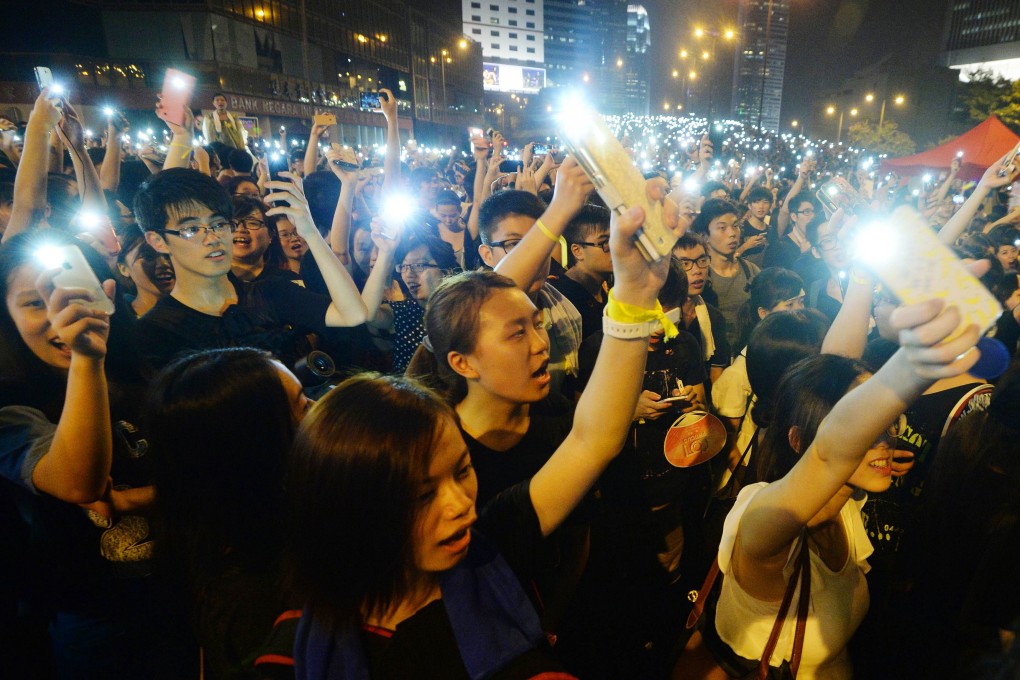FireChat, darling of Occupy Central protesters, throws down gauntlet to WhatsApp with off-the-grid texting

As the spirit of rebellion was rekindled on the streets of Hong Kong during last year’s Occupy Central pro-democracy protests, it was an app called, fittingly, FireChat that helped the demonstrators stay in contact when their phone or internet signals went down.
When users are connected to the internet, FireChat works like any other messaging app. But when the signal is weak or absent, it comes into its own, using Bluetooth or Wi-fi to bounce messages between phones until it can find an internet connection and be whisked off to its intended recipient.
The app saw a record number of sign-ups in Hong Kong after rumours abounded that police would shut off phone networks during the early days of the Occupy Central protests.
"What happened in Hong Kong last year was really unexpected for us," said Micha Benoliel, co-founder and chief executive of FireChat parent Open Garden.
Benoliel said that the app now has more than 500,000 users in Hong Kong, or around 7 per cent of the population.